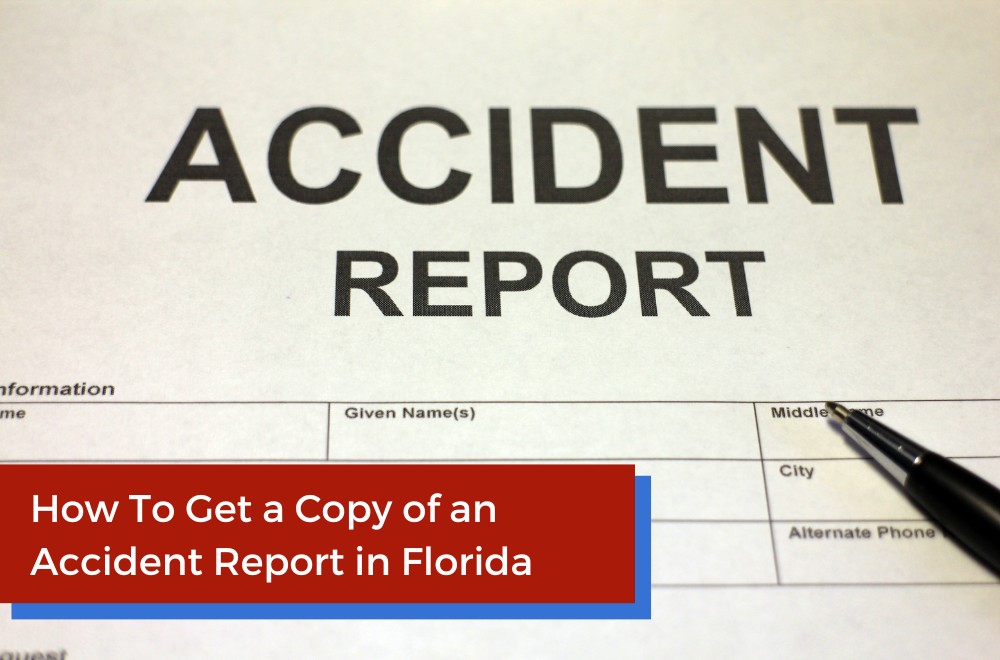Author: Cardoso Law, PLLC

If you were recently involved in a car accident, you might be wondering how to get a copy of the accident report. In Florida, anyone involved in a car crash that resulted in injury, death, or at least $500 in estimated property damage is legally required to inform the police. The responding officer will prepare …
Cardoso Law, PLLC, is excited to announce the launch of its new, state-of-the-art website, helping the firm provide the future of personal injury representation in Pensacola, FL. Cardoso Law has made some design tweaks and given its site a facelift to make finding the legal help you need easier than ever. The skilled injury lawyers …
When people lose someone that they love in a collision, they often develop emotional distress and mental health issues. In recognition of the emotional harm often caused by fatal crashes, the Florida legislature enacted statutes allowing surviving family members to recover compensation for the pain and suffering they endured due to the loss from the …
While Florida is known as the sunshine state, it does experience inclement weather on occasion. Although it does not frequently rain in Florida, business owners nonetheless must take measures to protect their customers from slip and fall accidents caused by rain puddles within their premises, and if they do not, they may be held accountable. …
Drunk driving accidents often cause catastrophic injuries. In some cases, the entity that served the intoxicated driver may be held liable for the harm ultimately sustained. Other factors can impact liability as well. For example, in many cases, the defense will argue that the plaintiff was comparatively negligent and, therefore their damages should be reduced. …
Under Florida law, if a driver causes a collision while operating a borrowed car, both the driver and the owner of the vehicle may be held accountable for any damages that ensue. Some parties are immune from vicarious liability for collisions caused by people using their vehicles, though. Specifically, under a federal law referred to …
In many lawsuits arising out of collisions, it is abundantly clear that the plaintiff’s harm developed due to the crash. In some matters, though, the defendant will argue that the plaintiff’s alleged harm is not related to the accident. To support their argument, the defendant may hire an expert in biomechanics to offer testimony about …
In general, business owners can be held accountable for injuries caused by hazardous conditions on their premises. However, there are occasional exceptions, such as when a hazard poses a clear threat; in such instances, the property owner may be able to avoid liability. Recently, a Florida court clarified a property owner’s responsibilities in the context …
Flying is normally safe, although harsh landings, turbulence, and other elements encountered during a flight could potentially result in bodily injury. However, just because an individual is harmed while traveling by air does not mean they are entitled to compensation from the airline. Instead, they must prove the airline’s negligence proximately caused their injuries. If …
Retailers have a responsibility to offer a safe shopping environment for their customers, which includes correcting unsafe conditions. If a store fails to fulfill its responsibilities and a customer is damaged as a result, the injured party may be able to file a civil lawsuit seeking damages. Plaintiffs in personal injury cases must adhere to …
